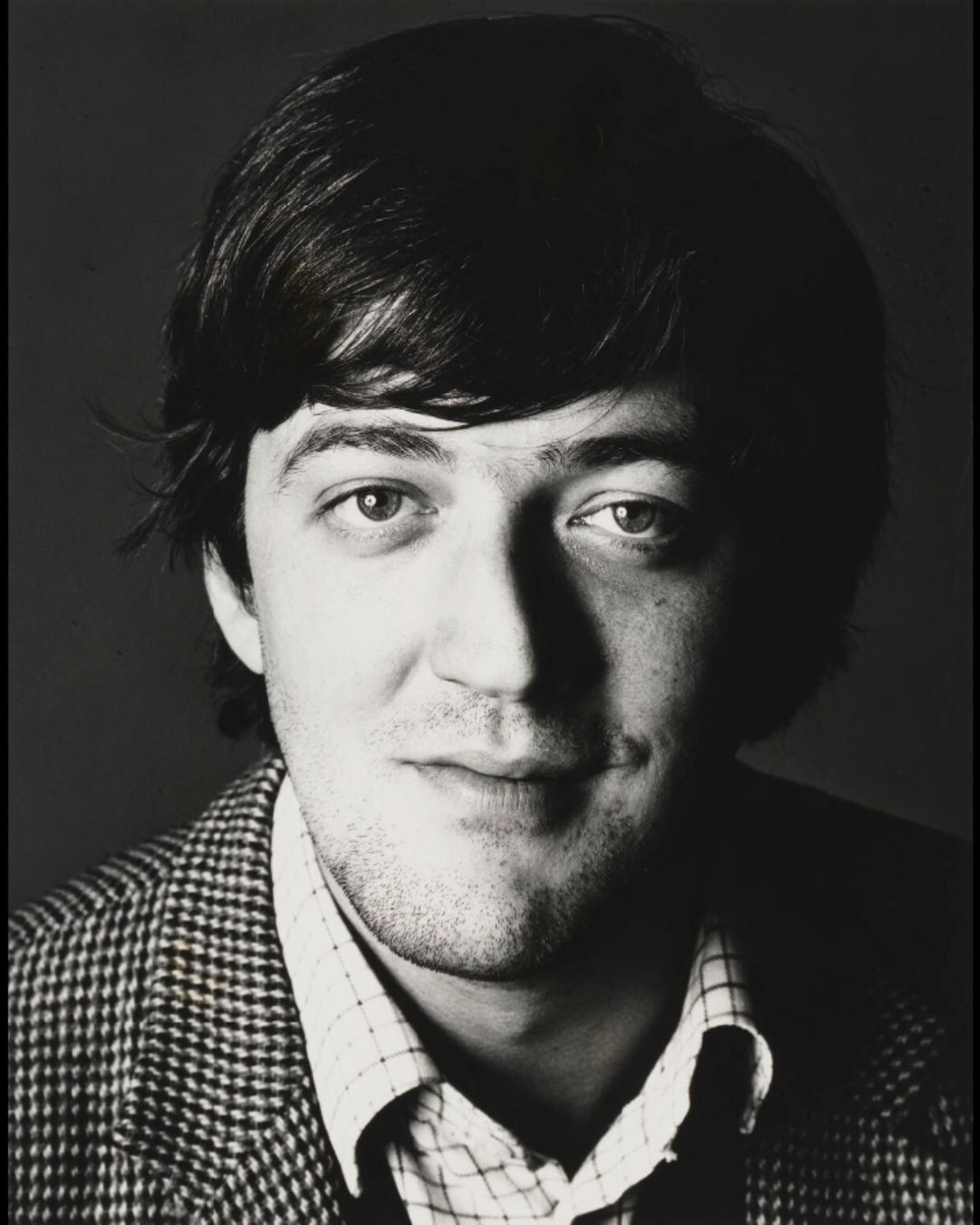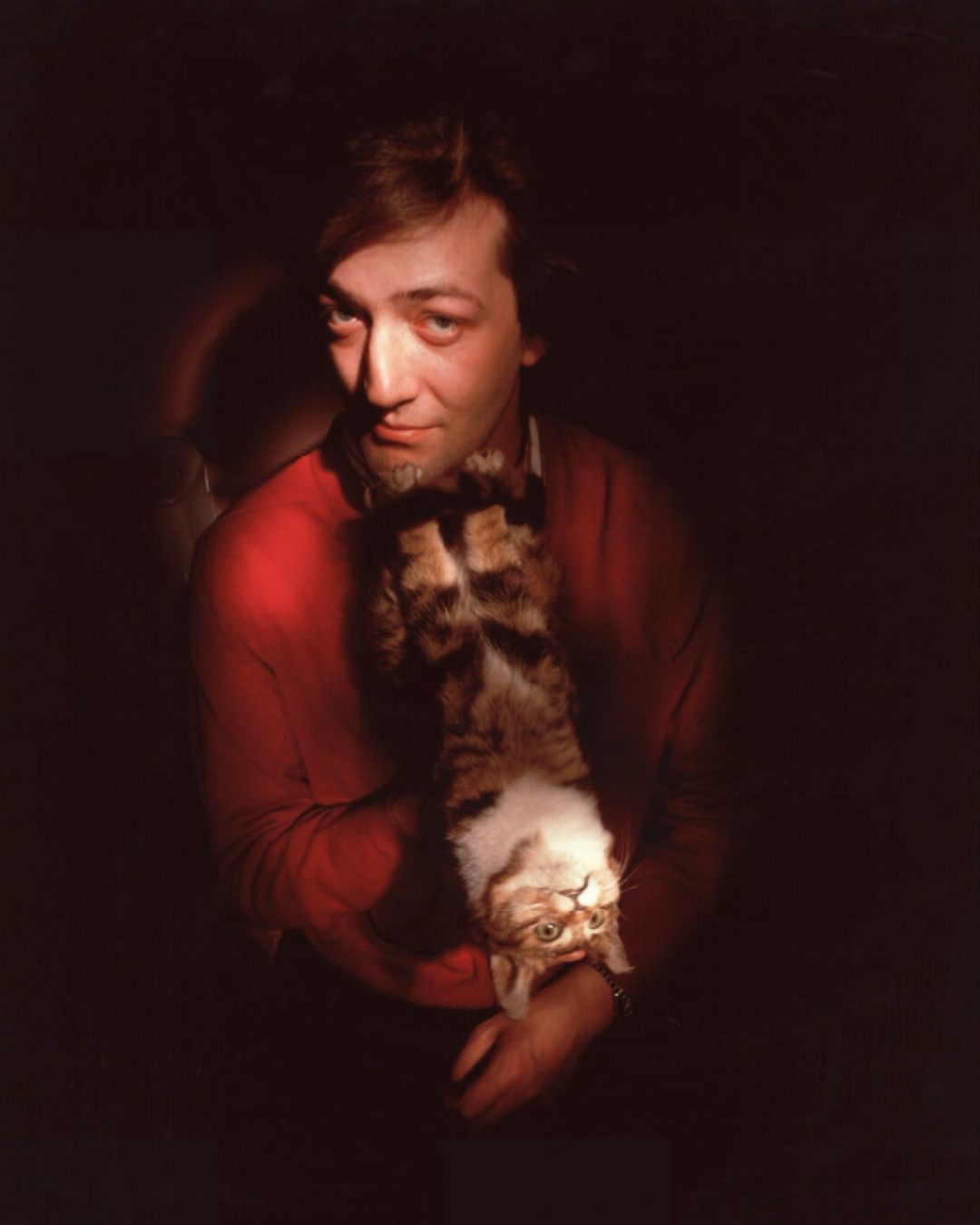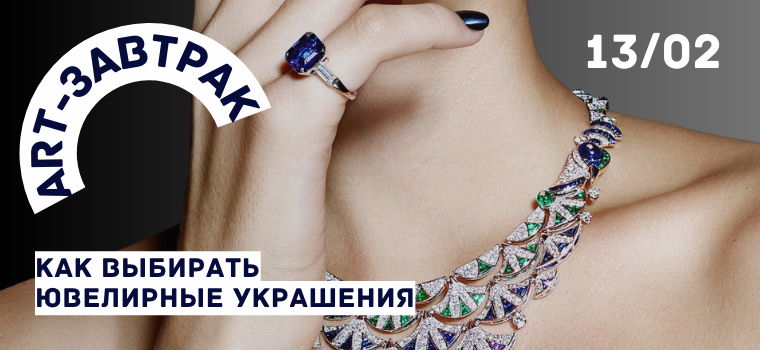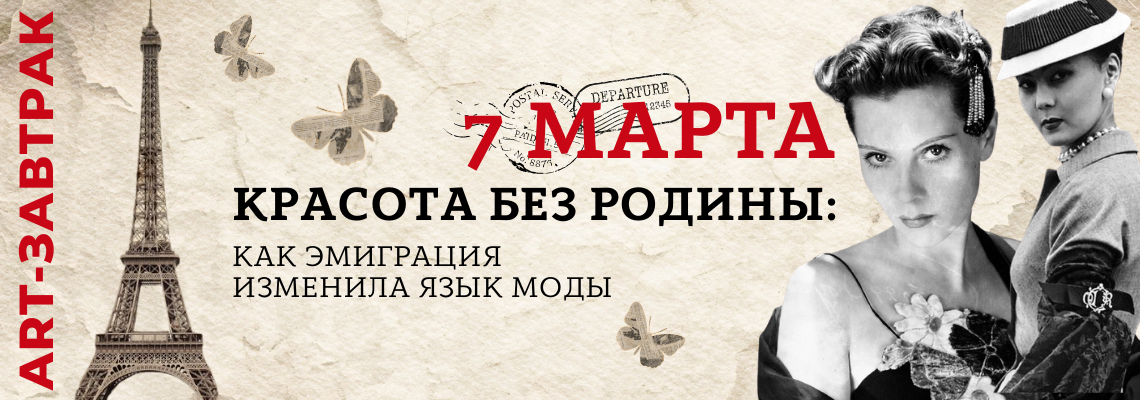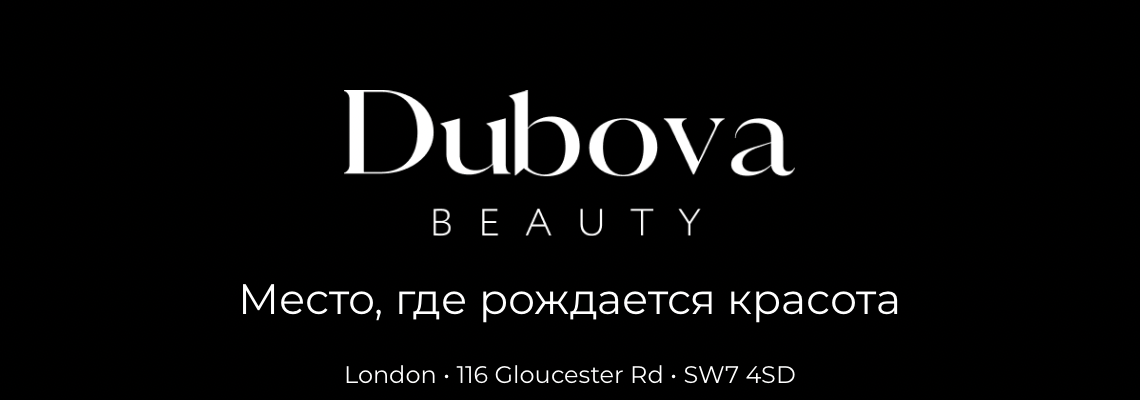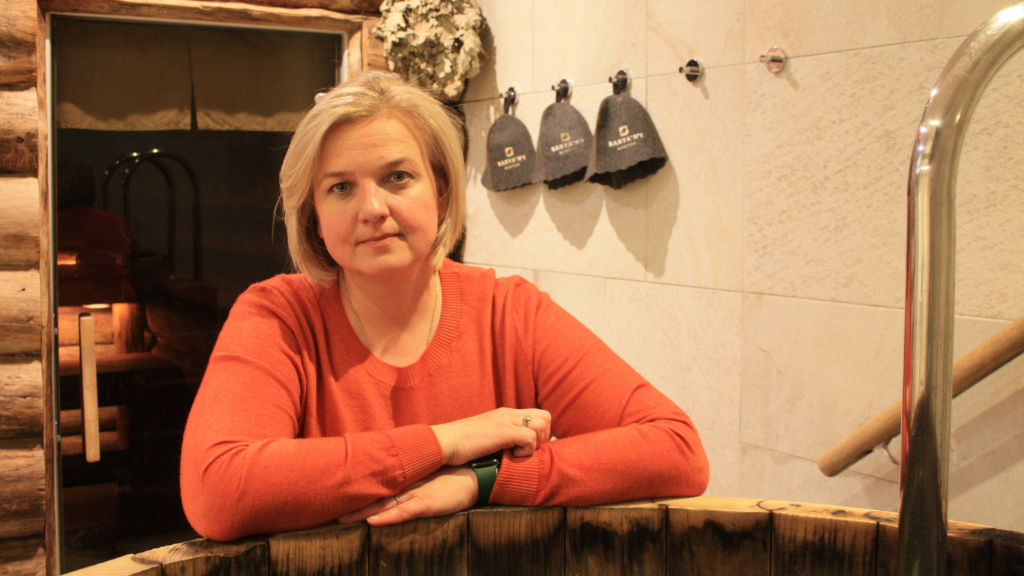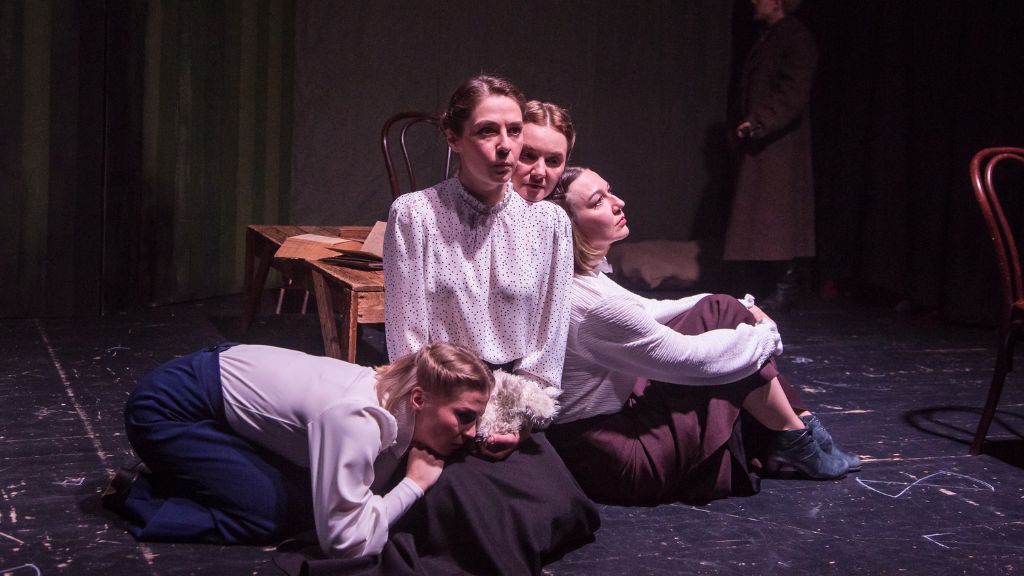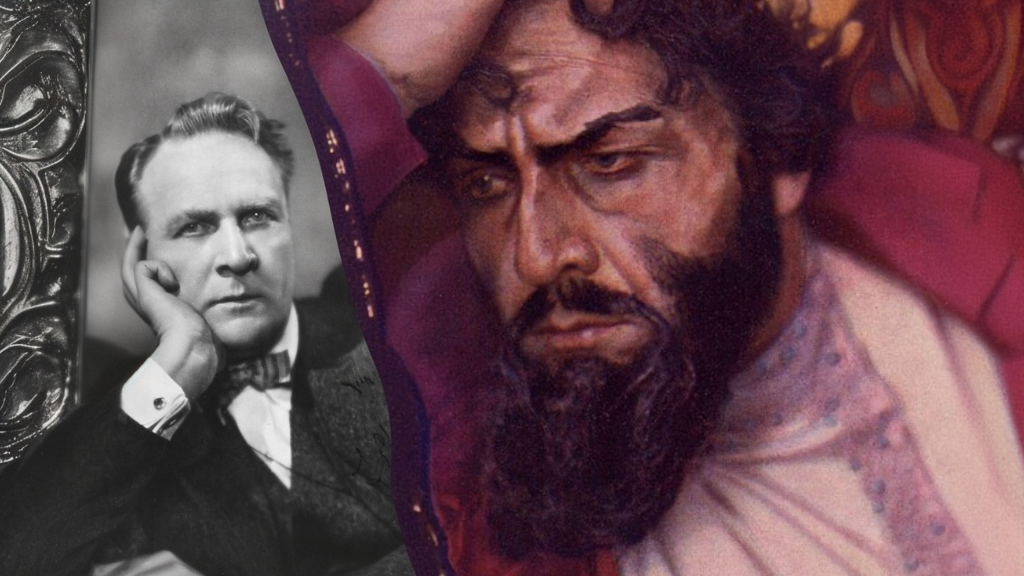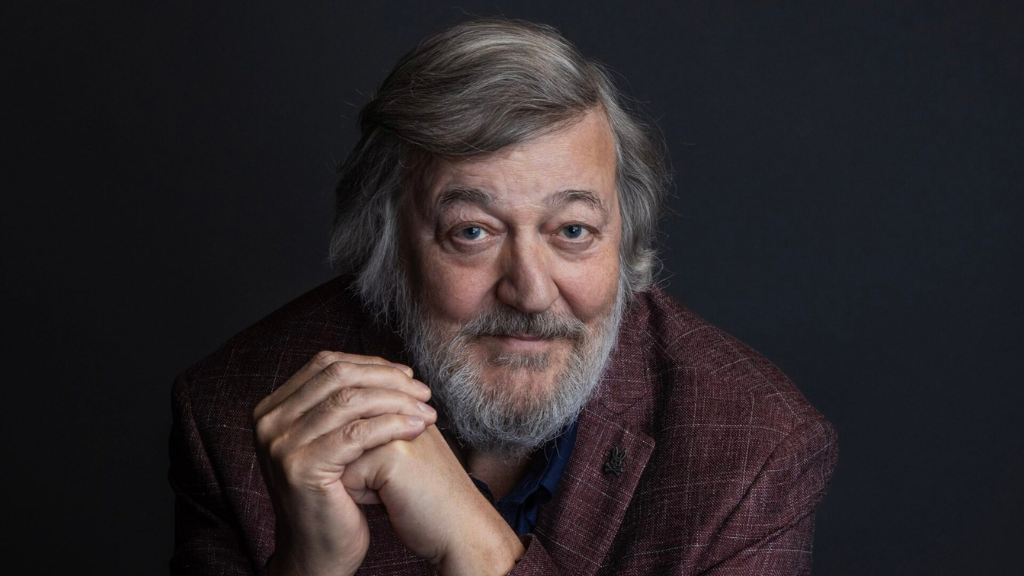
Great British contemporaries: Stephen Fry
Stephen Fry embodies much of what the world has come to prize in British culture: ironic wit, a dazzling education, a deep love of language and, perhaps most importantly, the ability to laugh at himself. From Jeeves and Wooster to V for Vendetta, from razor-sharp repartee on QI to candid accounts of his struggles with depression, Fry’s life has shown how vulnerability and talent can coexist — and, together, become a cultural phenomenon. As of 2025, that phenomenon is officially Sir Stephen Fry. And right now, he can be seen on stage in London in a celebrated production of The Importance of Being Earnest.
This article is also available in Russian here.
Early years
Stephen John Fry was born on 24 August 1957 in Hampstead, London, to historian Marianne Fry and physicist Alan John Fry. His mother, of Jewish Hungarian descent, had fled to Britain; many relatives perished in Nazi camps.
His childhood was turbulent. Growing up in Booton, Norfolk, and shuttling between schools, Fry repeatedly found trouble. “I was f*cked up as a child and then as a youth, I cannot deny,” he later wrote in his autobiography “Moab is My Washpot“.
Read also: How Diaghilev’s “Saisons Russes” influenced the European art world of the 20th century
- 1987. Photo: © Trevor Leighton, National Portrait Gallery, London
- 1988. Photo: © Steve Speller, National Portrait Gallery, London
By 17 he was expelled from multiple schools, having stolen a family friend’s credit card and embarked on a spree. Arrested in Swindon, he spent three months in a young offenders’ institution. Yet that crisis marked a turning point. Fry returned to education, passed his exams, and won a scholarship to Cambridge.
Cambridge and the Footlights
At Queen’s College, where he read English, Fry discovered that intellect could be a force for creation rather than destruction. His natural stage became the Footlights, Cambridge’s famous theatrical troupe. There he met Hugh Laurie, Emma Thompson and Tony Slattery — a cohort destined to shape British comedy in the 1980s.
Meeting Laurie was, Fry recalled, “love at first sight. Not sexual, but love nonetheless.” Their Cellar Tapes sketch show won the 1981 Perrier Award at the Edinburgh Fringe, propelling them to television.
Jeeves, Wooster, and beyond
Television embraced Fry and Laurie. Sketches on Saturday Live led to their own series, A Bit of Fry & Laurie, which established them as avatars of clever absurdism. But it was their 1990-93 adaptation of P.G. Wodehouse’s “Jeeves and Wooster” that became iconic: Fry’s imperturbable valet opposite Laurie’s hapless aristocrat.
“Jeeves was everything I could never be in real life — calm, unflappable, utterly in control,” Fry later admitted. The performance cemented his image as the quintessential Englishman: witty, urbane, slightly old-fashioned.
Alongside, Fry joined Rowan Atkinson in “Blackadder”, played Oscar Wilde in “Wilde” (1997), directed “Bright Young Things” (2003) and stole scenes in “V for Vendetta” (2005).
QI and the nation’s brain
From 2003 Fry hosted “QI” (Quite Interesting), a quiz show where wrong answers proved more delightful than right ones. With Fry as ringmaster, Alan Davies as perennial fall guy and rotating guests tumbling into digression, it became an intellectual circus.
“QI allowed me to indulge my passions: curiosity, pedantry, mischief, and the endless love of words,” Fry wrote. After more than a decade, the programme secured his status as Britain’s national intellectual. His voice, meanwhile, became inseparable from the Harry Potter audiobooks for millions of listeners.
He is also a prolific author: three volumes of autobiography, several novels, and, most recently, the mythological trilogy “Mythos”, “Heroes“and “Troy”, which recasts Greek myth for a modern audience.
Activism and resilience
Fry has always insisted his public life cannot be separated from his private struggles. Living with bipolar disorder, he explored it candidly in the documentary “The Secret Life of the Manic Depressive” (2006), helping bring mental health into mainstream discussion. And about his struggle with addiction you can read here.
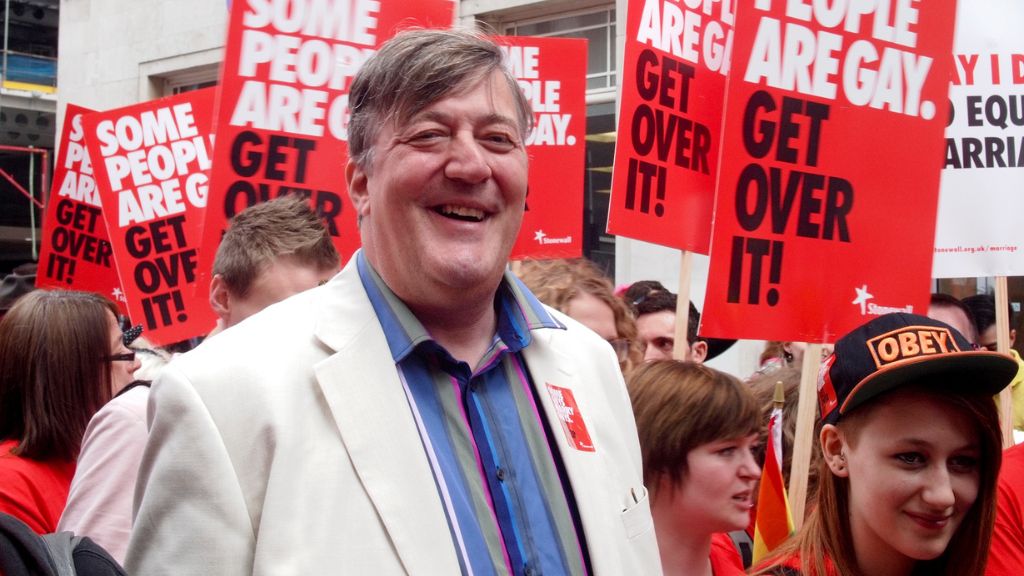
2012. Photo: Tablet eraser, CC BY-SA 3.0, via Wikimedia Commons
A prominent LGBT+ advocate, he was openly gay long before it was fashionable, and in 2015 married Elliot Spencer, 30 years his junior. The tabloids fussed; Fry said he had never been happier. His knighthood in 2025 recognised not only his cultural output but his campaigns for mental health awareness, conservation, and charity.
Read also: Lydia Delectorskaya: the Russian émigrée who transformed Henri Matisse’s life
Out There in Russia
Fry’s activism found a sharp edge in his documentary “Out There”. In Russia, as the so-called “gay propaganda” law came into force, he met young activists described by critic Rachel Cooke as “silver birch trees in a violent ice storm” — fragile yet resolute.
His interview with lawmaker Vitaly Milonov became infamous. “How do you sleep at night?” asked Fry. “I can sleep after I pray,” Milonov replied. Appeals to Tchaikovsky and Diaghilev fell flat. It was a moment that showed Fry not just as Britain’s genial wit, but as someone willing to confront power head-on.
Epilogue
Today Fry remains a symbol of British intellect — ironic, erudite, humane. Tirelessly productive, he still writes, acts and performs. Most recently, he has returned to the stage — fittingly, in Oscar Wilde’s “The Importance of Being Earnest”. For once, the title may be misleading: with Stephen Fry, seriousness has always been laced with joy. Book tickets here.
Cover photo: Dawn Bowery / Channel 4
Invalid slider ID or alias.
Read also:
Serge Lifar: reformer of the Paris Opera, the protégé of Sergei Diaghilev, and friend of Coco Chanel
Anna Wintour: how she became a fashion icon and what her exit from Vogue could mean
Amedeo Modigliani and Anna Akhmatova: the enigmatic nude romance
SUBSCRIBE
Receive our digest once a week with quality Russian events and articles

